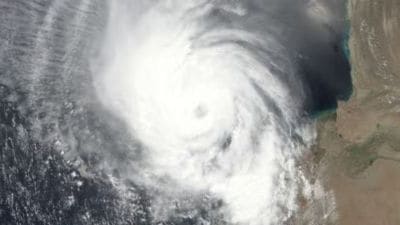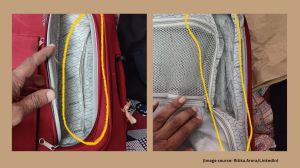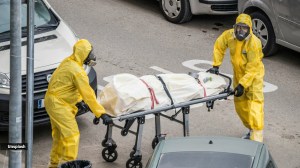New fraud cases show holes in Iraq rebuilding effort
Investigators looking into corruption involving reconstruction in Iraq say they have opened more than 50 new cases in six months by scrutinising large cash transactions...
Investigators looking into corruption involving reconstruction in Iraq say they have opened more than 50 new cases in six months by scrutinising large cash transactions involving banks,land deals,loan payments,casinos and even plastic surgery made by some of the Americans involved in the nearly $150 billion program.
Some of the cases involve people who are suspected of having mailed tens of thousands of dollars to themselves from Iraq,or of having stuffed the money into duffel bags and suitcases when leaving the country,the federal investigators said. In other cases,millions of dollars were moved through wire transfers. Suspects then used cash to buy BMWs,Humvees and expensive jewellery,or to pay off enormous casino debts.
Some suspects also tried to conceal foreign bank accounts in Ghana,Switzerland,the Netherlands and Britain,the investigators said,while in other cases,cash was simply found stacked in home safes.
There have already been dozens of indictments and convictions for corruption since the 2003 invasion of Iraq. But the new cases seem to confirm what investigators have long speculated: that the chaos,weak oversight and wide use of cash payments in the reconstruction program in Iraq allowed many more Americans who took bribes or stole money to get off scot-free.
Ive had a continuing sense that there is ongoing fraud that we have not been able to nail down, said Stuart W Bowen Jr,who leads the Office of the Special Inspector General for Iraq Reconstruction,an independent oversight agency.
The cases were uncovered during the first phase of a new,systematic inquiry into financial activities,which investigators said began last summer. Bowens office declined to divulge the names of the suspects,who include private contractors,military officers and civilian officials.
Developed in the Treasury Department,the financial monitoring effort goes by the name of the Financial Crimes Enforcement Network,or Fincen,which continually generates data on suspicious financial transactions,according to a December report by the Government Accountability Office.
Stephen Hudak,a spokesman at the Treasury Department for Fincen,said it generated 15 million to 16 million reports a year on suspicious financial activity including cash deposits of more than $10,000. He said that transactions in banks,check-cashing outlets,wire services,casinos,stockbrokers offices and insurance companies were covered.
Basically,we follow dirty money, Hudak said. Because the investigation has covered only limited areas in the US so far,Bowen said he estimated dozens of additional cases would be opened by the end of the year.
Congress has appropriated about $53 billion for reconstruction projects,and the rest of the money has come from Iraqi assets and international pledges.




- 01
- 02
- 03
- 04
- 05



























